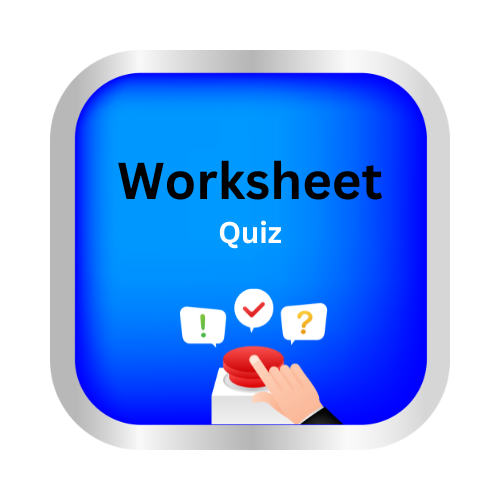Match causes and effects in informational texts
key notes:
Understanding cause and effect can help you figure out how events or ideas in a text are connected to one another. Writers often use signal words to show that a cause or effect is about to be given.
A cause is the reason why something happens. Causes usually come after words like because, since, when, as a result of, the effect of and due to.
An effect is what happens because of the cause. Effects usually come after words like so, therefore, thus, consequently, for this reason, the cause of, lead to and result in.
- Alligators almost became extinct because people over-hunted them.
- Cause: People over-hunted alligators.
- Effect: Alligators almost became extinct.
- There hasn’t been much rain, so the harvest will be small this year.
- Cause: There has been little rainfall.
- Effect: The harvest will be small.
Learn with an example
🐵Read the text.
In 2015, the Ringling Bros and Barnum & Bailey Circus said it would remove elephants from its shows. The circus had kept its elephants in cages. Living in cages is not good for elephants, so the elephants were sent to a centre in the US state of Florida. The centre provides eighty hectares for the elephants to wander. The centre also offers a chance for people to study elephants more easily. This is because scientists can get closer to trained elephants than they can to wild ones.
Match causes with their effects.
| Scientists will be able to study the elephants at the center. | Scientists will be able to study the elephants at the centre. |
| Cause | Effect |
| It’s bad for elephants to live in cages. | |
| It’s easier to get close to trained elephants than wild ones. |
Look at the cause-and-effect words in the passage.
In 2015, the Ringling Bros and Barnum & Bailey Circus said it would remove elephants from its shows. The circus had kept its elephants in cages. Living in cages is not good for elephants, so the elephants were sent to a centre in the US state of Florida. The centre provides eighty hectares for the elephants to wander. The centre also offers a chance for people to study elephants more easily. This is because scientists can get closer to trained elephants than they can to wild ones.
These words help show how different causes and effects are connected in the next.
| Cause | Effect |
| It’s bad for elephants to live in cages. | The elephants were sent to a centre in florida. |
| It’s easier to get close to trained elephants than wild ones. | The elephants were sent to a centre in Florida. |
🐵Read the text.
Not everyone likes to cook or even has the time to do so. Engineers in Britain have developed a robot that can make a meal. The robot is able to imitate the movements of human hands as a result of several different motors and sensors. Because it can also be programmed with daily directions, it can have breakfast or dinner ready just when you want it.
Match causes with their effects.
| The robot can make meals whenever you want them. | The robot can move like a person. |
| Cause | Effect |
| The robot has special motors. | |
| The robot can be programmed with directions. |
Look at the cause-and-effect words in the passage.
Not everyone likes to cook or even has the time to do so. Engineers in Britain have developed a robot that can make a meal. The robot is able to imitate the movements of human hands as a result of several different motors and sensors. Because it can also be programmed with daily directions, it can have breakfast or dinner ready just when you want it.
These words help show how different effects are connected in the text.
| Cause | Effect |
| The robot has special motors. | The robot can move like a person. |
| The robot can be programmed with directions. | The robot can make meals whenever you want them. |
let’s practice!

